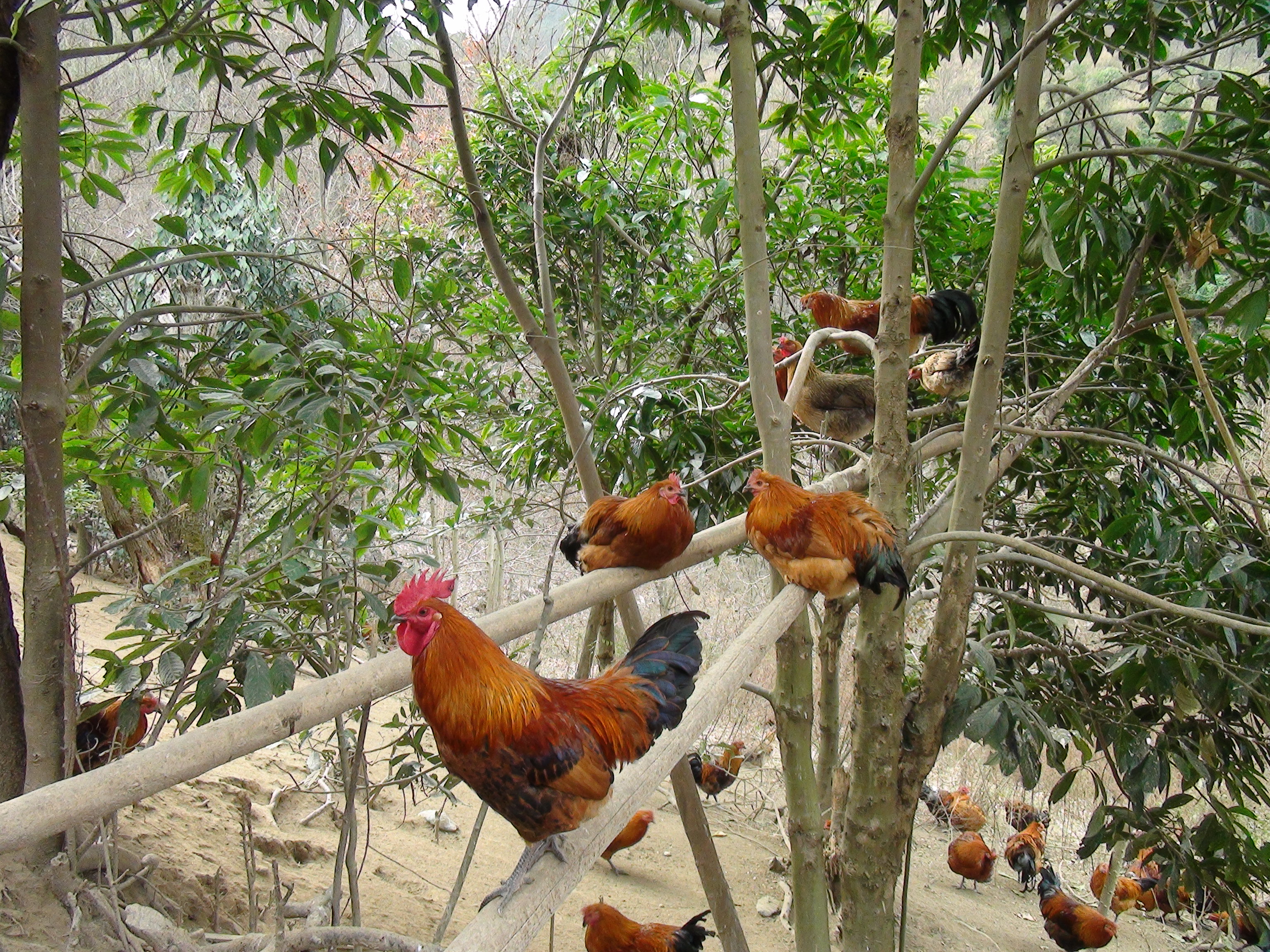
- Online pavilions:
- Veterinary medicines
- Veterinary raw materials
- Other
- Asia
- America
- medical instruments

News briefing: Chicken ascariasis
Chicken ascariasis is a common Intestinal parasite disease. In large groups, chickens often suffer from ascariasis, which can affect their growth and development and cause serious death. When dissecting dead chickens, nematodes the size of bean sprouts are often found in the small intestine, clogging the intestines. The worms range from a few to hundreds. Inflammation, Edema, and hyperemia of the intestinal Mucosa. Adult Ascaris lumbricoides was yellow-white, male 50-76 mm long, female 60-116 mm long. Chicks younger than 3 months of age are susceptible to infection.
1. The prevalence of Ascaris lumbricoides can copulate and lay eggs in chickens, eggs can grow in chickens and can be excreted in feces, eggs on the ground can be pecked into the body by chickens and cause infection in chickens. It takes about 35 to 58 days to develop from devouring eggs.
2. Clinical symptoms
(1) sick chickens often show signs of lethargy, malnutrition, loose feathers, comb Pale, slow movement, often standing still. Digestive disorders, loss of appetite, diarrhea and constipation alternate, rare faeces often mixed with blood mucus, sick chicken gradually wasting away, or even failure and death.
(2) adult chickens over the age of 4 months generally do not show symptoms. Some severely infected chickens have poor growth, anemia, decreased egg production and diarrhea.
3) parasitic nodules were formed in the anterior part of the small intestine of diseased chickens. The miliary was large and reddish, and the larvae in the nodules were 1 mm long. A large number of adult parasites in the intestinal tract, can cause intestinal obstruction, rupture.
3. Diagnostic methods
A large number of eggs or bodies can be found by means of water washing sedimentation or saturated brine floating method. 4, prevention and control measures
(1) to strengthen environmental health management, frequent replacement of bedding grass, excrement timely treatment and removal. In chicken farms where ascariasis is prevalent, regular deworming should be carried out twice a year. deworming should be carried out once in chicks about 2 months after hatching, followed by a second deworming in late autumn of the same year, the second deworming was carried out one month before the spring and autumn egg-laying season. Therapeutic deworming of diseased chickens will be carried out on the following day.
(2) drug treatment, such as piperazine citrate (ascarine) , Levamisole, thiabendazole, imidazole, phenoxazine (diphenylamine sulfide) and so on.